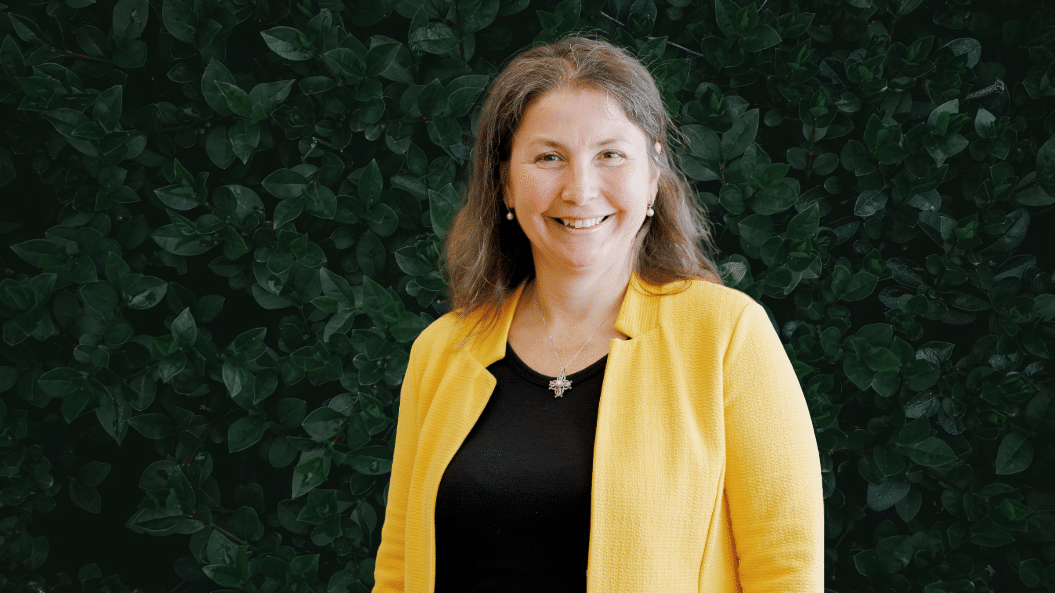For the past eleven years, Liliya Terzieva has worked as a lecturer-researcher at Breda University of Applied Sciences. In early 2023, she made the move to the Designing Value Networks Research Group at The Hague University of Applied Sciences.
We asked her about her work and her role as member of ESC.
What was it about this position that appealed to you?
As a Professor in Designing Value Networks, I can bridge the gap between the fundamental knowledge of networks and their application in the real world. We work proactively, paying a lot of attention to what takes place in the interaction between people and how they collectively add value and innovate together. The Research Group is part of the Mission Zero Centre of Expertise, which has a fantastic mission-driven focus: ‘Empowering learners to create a sustainable future’. Societal challenges extend beyond the energy transition and smart cities – even though these are two very important themes. The Centre of Expertise looks at the core of what sustainability means: cutting across everything, all industries, all sectors, all disciplines.
You quickly joined ESC. How did you find out about its existence?
I knew about ESC because I was acquainted with Wina Smeenk from Inholland University of Applied Sciences and I followed her on LinkedIn. The Hague University of Applied Sciences is a co-founder of the ESC, which is one of the leading projects that my research group – now comprising thirteen researchers, with a few as-yet unfilled vacancies – is currently working on.
You’re also involved in the Lego® Serious Play® methodology. What’s the connection with your work?
It’s a methodology that has been around for 25 years. I’m a certified facilitator and a member of the community’s advisory and executive boards. The power in Lego lies in the fact that you really do build and communicate with one another through the model. It makes sure that everyone participates, even stakeholders who are normally reluctant to make themselves heard. You can really make an impact with it and apply it in any context. For example, building with Lego was one of the methodologies I applied in the workshop that I gave during the RSD conference.
Can you tell us what kind of workshop that was?
It was one that I developed in conjunction with industry partner, Collabros, and my previous employer, Breda University of Applied Sciences. During that workshop – which only lasted about 90 minutes – I wanted to show a bit about network principles, give participants a taste of how serious games work and let them sample a bit of future design. The three things I wanted participants to take away were being open, learning to trust the process, and letting them experience how much value it can generate.
Your experience in developing interactive training programmes makes you an asset for ESC. What else do you bring to the table?
What I hope to bring in the short-, medium- and long-term is expertise about networks. Things like knowledge about interaction and sustainable innovation, tools and methodologies that go beyond a single specific theme and touch upon the essence of transitions. I want to strengthen the connection between the nine research groups and ESC practical partners and lower the thresholds. Examples of how we intend to achieve all this are through the use of learning network events and joint projects.
‘Systemic Co-Design is like brushing your teeth, something you have to learn. But once mastered, it becomes automatic’
What do you get out of the network?
A great deal of new knowledge. Something that you need to know is that two years ago, when ESC first started, Systemic Co-Design was something that didn’t even exist. There were a few publications about certain elements of Systemic Co-Design, but ESC is the expertise group that is researching and conceiving it all. I’m very curious how the ‘systems’, the ‘co’ and the ‘design’ will intersect with one another. ESC’s experiments, workshops and case studies are generating a lot of knowledge about how ecosystems work and how we can build a sustainable future together. Every day I’m learning from the other professors and partners, from their methods and tools and from their publications, which I cannot get enough of.
